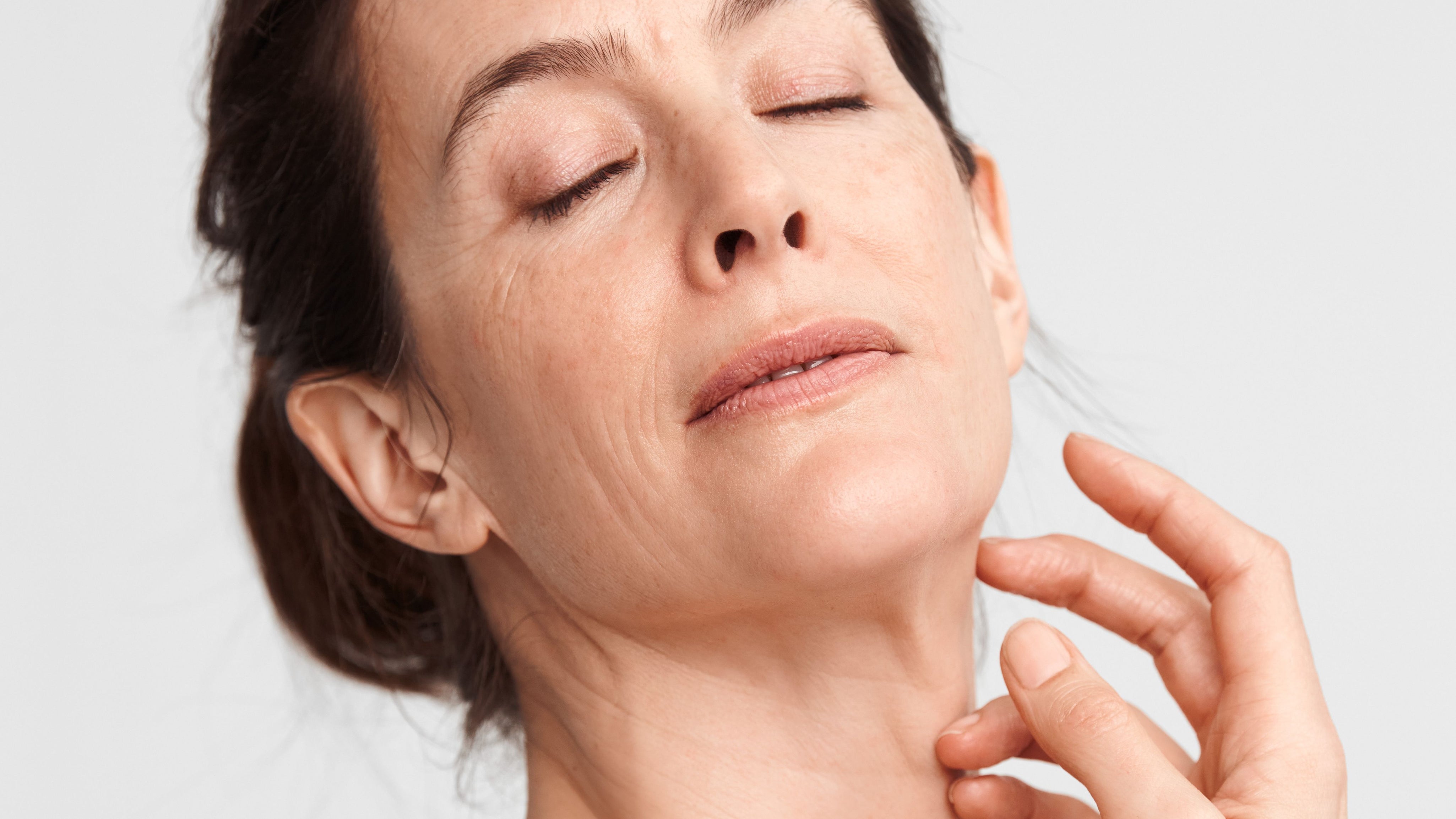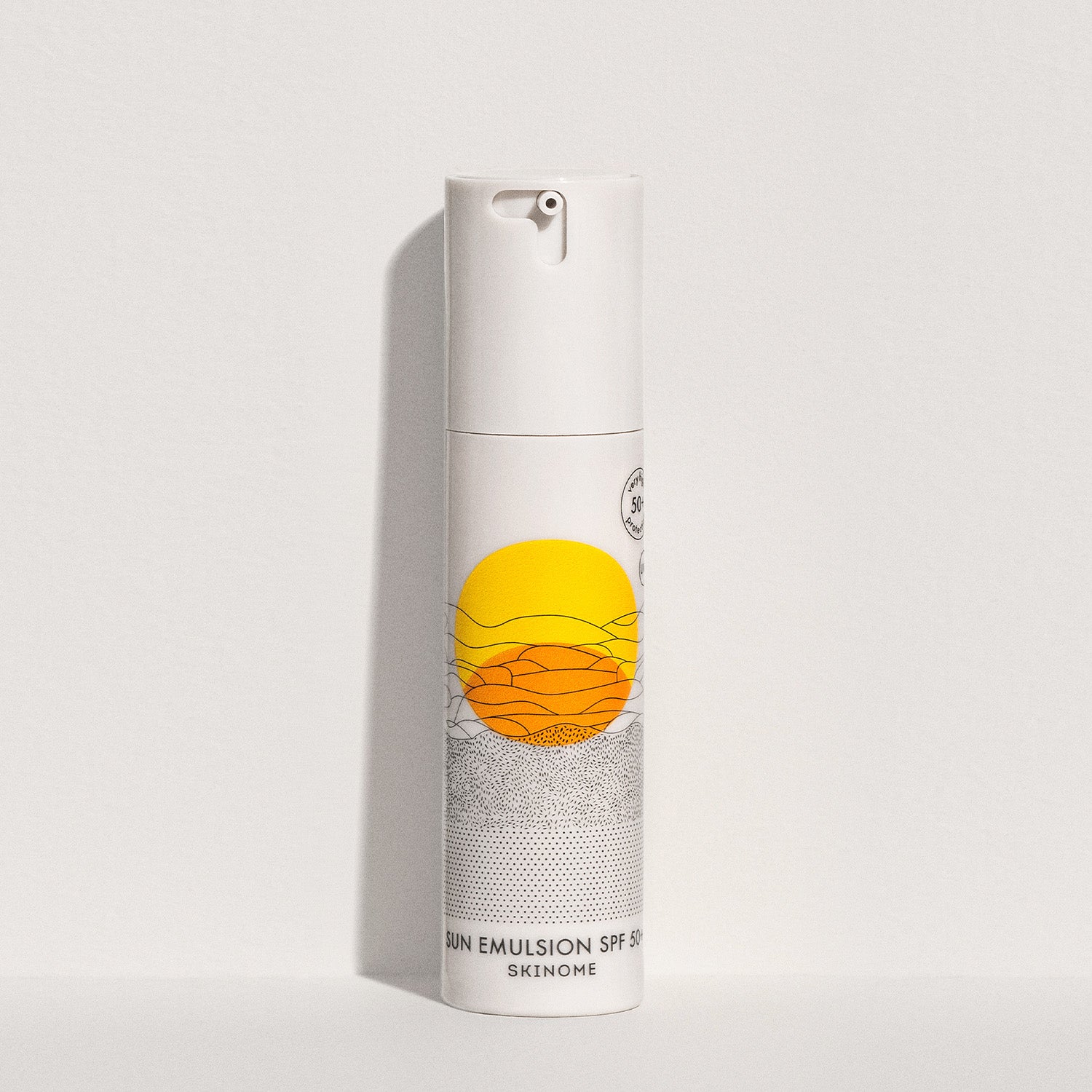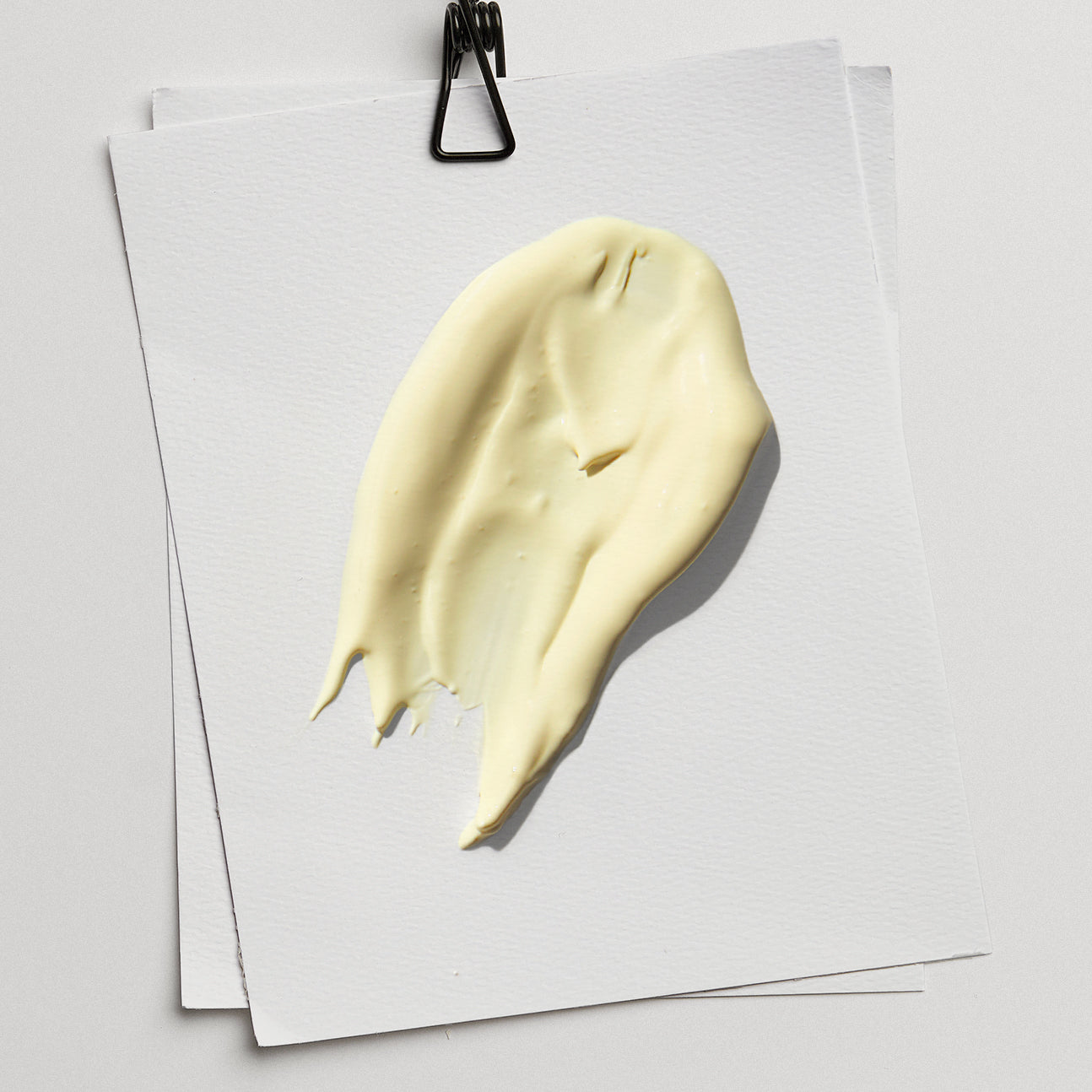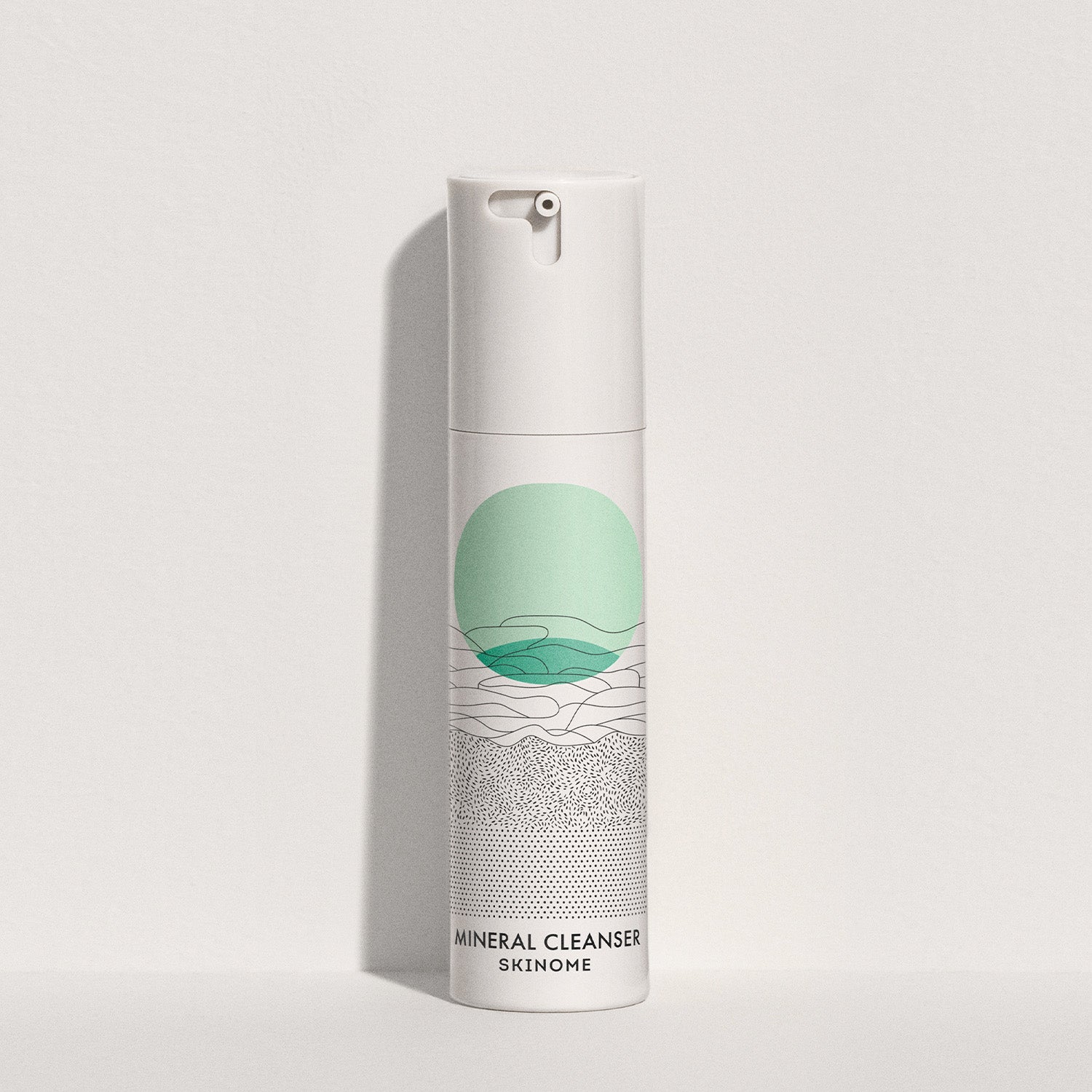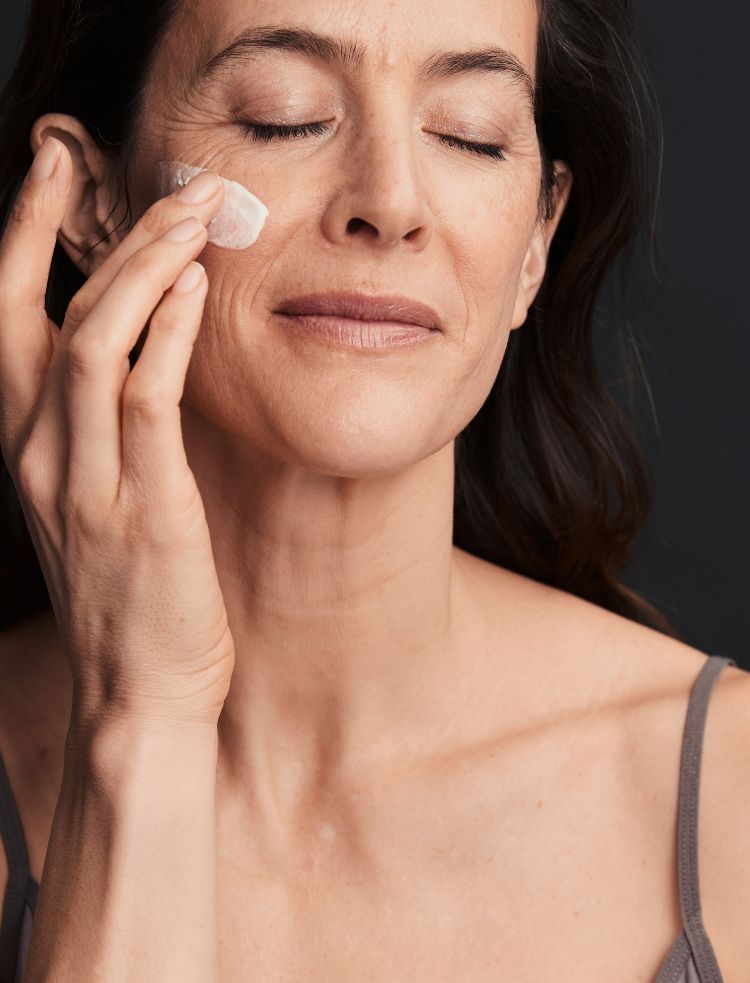With our guide, we want to help you understand and best manage the changes that occur in the skin during menopause.
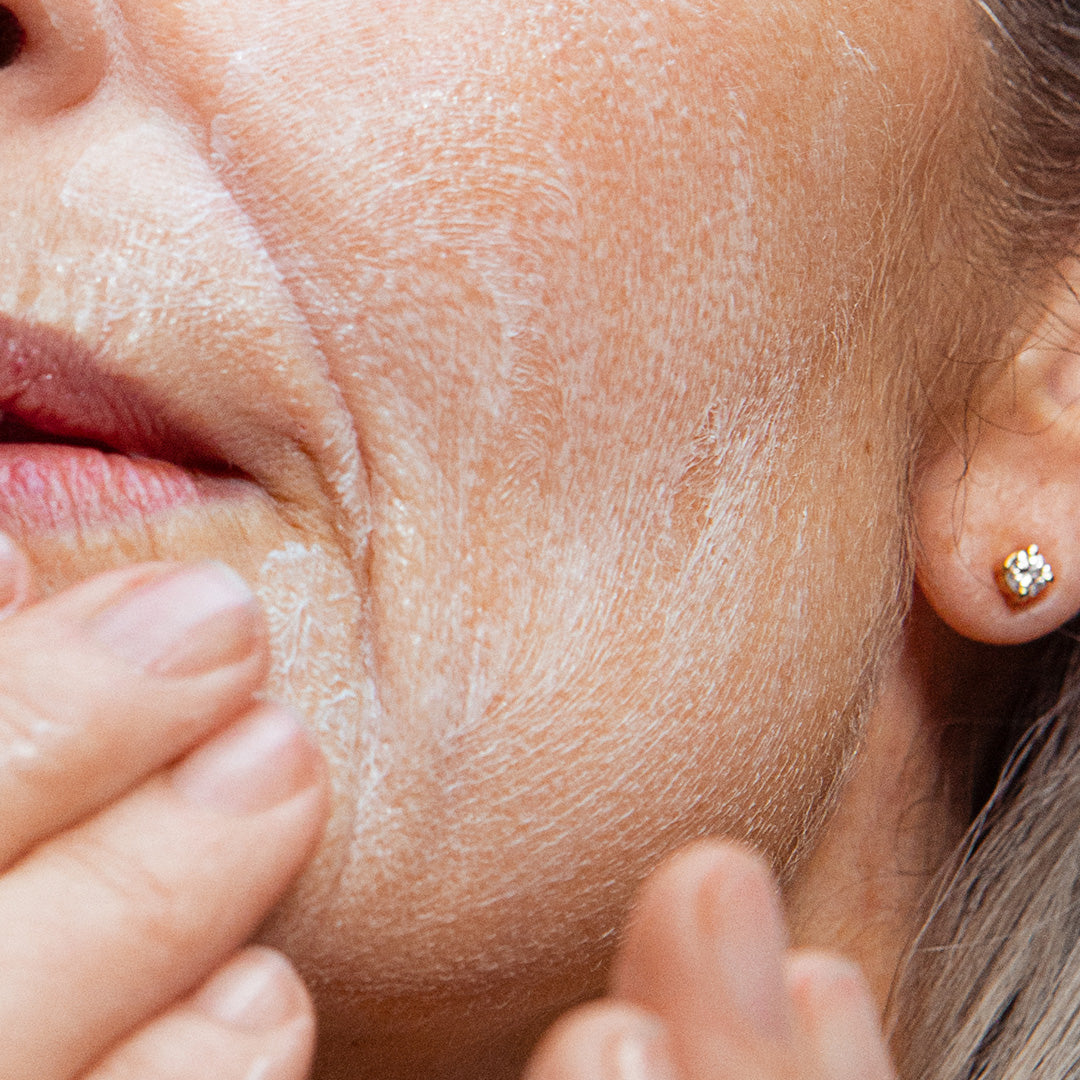
Menopause brings about hormonal changes in the body that also affect the skin in several ways. The most common skin changes are:
- Dryness – skin feels dry and tight
- Sensitivity – the skin becomes more easily irritated and red
- Lost elasticity – the skin loses its elasticity and feels lifeless
- Dullness – the skin looks tired and dull and has lost some of its luster
These changes can feel challenging, but there are solutions. With the right products and ingredients, there is a good chance that your skin will be recognizable again.

Many people experience drier skin, so it may be a good idea to switch to a richer face cream to provide the skin with enough moisture and to make it feel soft, supple and with a nice glow again.
Ingredients like retinal, a form of vitamin A, help skin become firmer and more elastic thanks to its collagen-stimulating and cell-renewing properties.
The skin becomes more sensitive, making it even more important to protect yourself from the sun. Use sunscreen with a high SPF when the UV index is above 2 to avoid sun damage and pigmentation changes.
During menopause, skin becomes thinner and a strong skin barrier is even more important. By strengthening the skin's microbiome with probiotics, you can reduce dryness, irritation and fine lines.
FAQ about menopause
-
Menopause is a natural part of aging when hormone production in the ovaries decreases, which eventually leads to the absence of menstruation, menopause.
-
Menopause occurs about five to ten years before and after menopause, when menstruation stops. It usually begins between the ages of 45 and 55, but can vary from person to person.
-
The skin often becomes drier, more sensitive and loses elasticity and firmness due to reduced production of estrogen, which stimulates collagen in the skin. It is also common to experience more uneven pigmentation.
-
Yes, the most important thing is to use a good moisturizer, be careful in the sun and use sunscreen when the UV index is above 2. There are also ingredients that have scientifically proven effects against signs of aging in the skin, such as retinal, vitamin C and niacinamide.
-
Hormonal changes cause the skin's natural protective barrier and moisture balance to deteriorate, making the skin more exposed to external stress.



